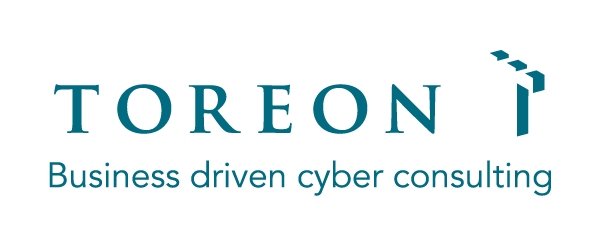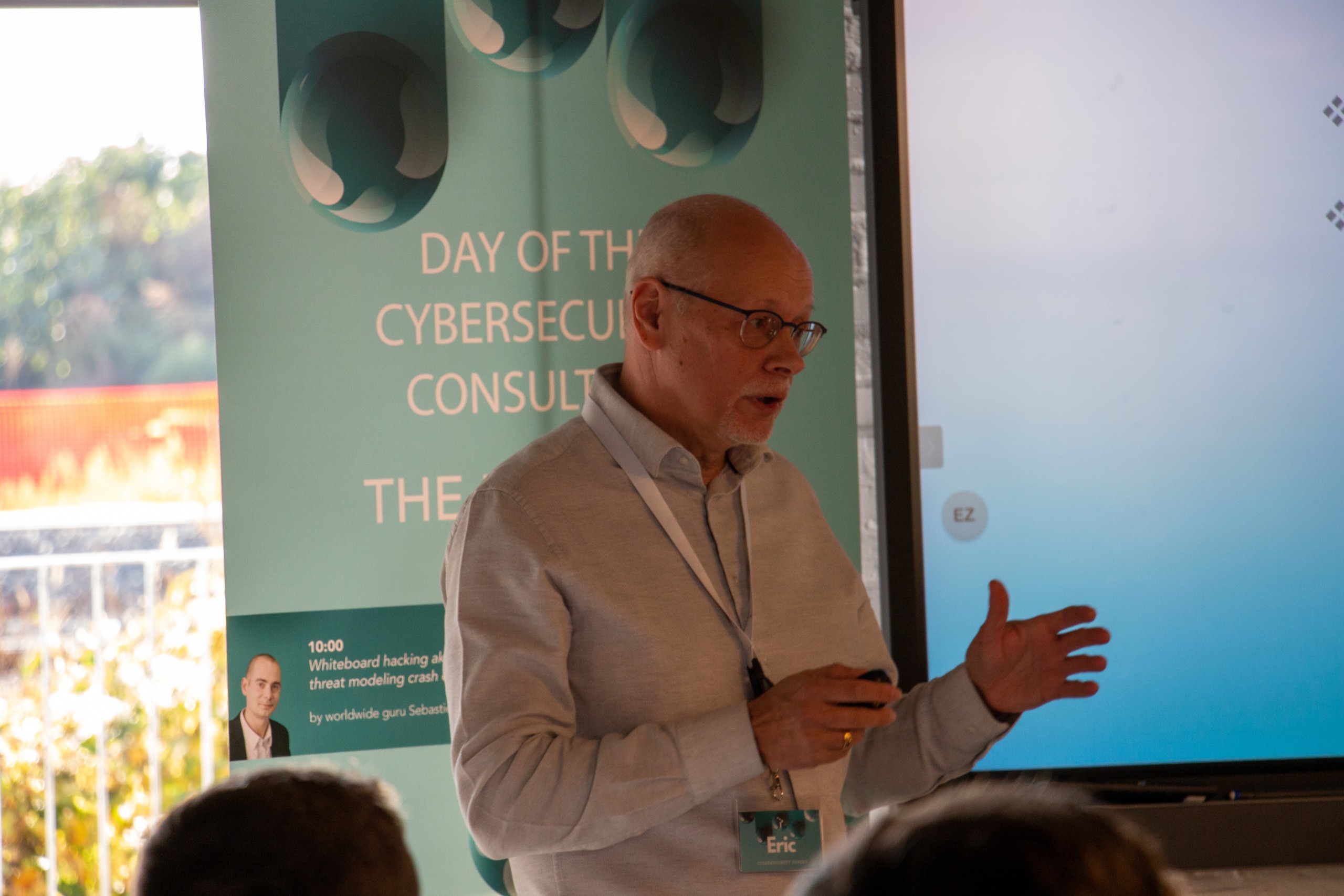Welcome!
Welcome to the first edition of our newsletter, where we promise to provide you with the latest cybersecurity news, tips & tricks.
As security experts, we know that you’re always one step ahead of the hackers, but that doesn’t mean you can’t take a break to catch up on the latest industry developments. So sit back, relax, and let us be your trusted source of cybersecurity insights.After all, who needs coffee when you have a newsletter that’s as fresh and invigorating as a double espresso?







